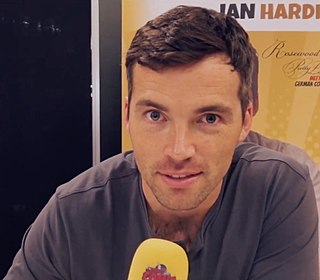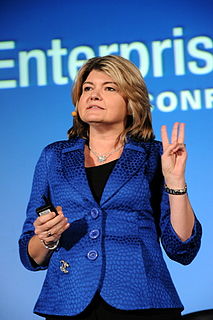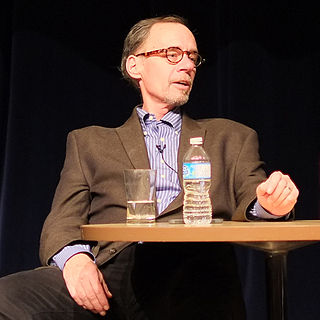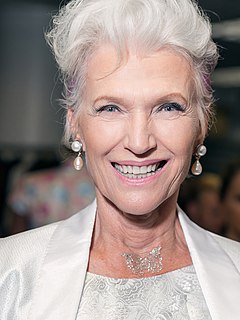A Quote by Jens Martin Skibsted
Citizens have long been easily influenced by the opinions of others and sought social proof, but social media have amplified the phenomena to unprecedented heights. As digital devices permeate every aspect of our lives, it has boosted the way in which information can distort truth.
Related Quotes
Social media is something of a double-edged sword. At its best, social media offers unprecedented opportunities for marginalized people to speak and bring much needed attention to the issues they face. At its worst, social media also offers 'everyone' an unprecedented opportunity to share in collective outrage without reflection.
In every part of the world with which I am familiar, young people are completely immersed in the digital world - so much so, that it is inconceivable to them that they can, for long, be separated from their devices. Indeed, many of us who are not young, who are 'digital immigrants' rather than 'digital natives,' are also wedded to, if not dependent on, our digital devices.
In the digital universe, our personal history and its sense of narrative is succeeded by our social networking profile - a snapshot of the current moment. The information itself - our social graph of friends and likes - is a product being sold to market researchers in order to better predict and guide our futures.
We live in an age where there is a firehose of information, and there is no hierarchy of what is important and what is not. Where the truth is often fashioned through a variety of digital means. Are you your avatar? Who are you in social media? What face do you turn toward the world? How much does it have in common with who you actually are?
People nowadays interchange gifts and favors out of friendship, but buying and selling is considered absolutely inconsistent with the mutual benevolence which should prevail between citizens and the sense of community of interest which supports our social system. According to our ideas, buying and selling is essentially anti-social in all its tendencies. It is an education in self-seeking at the expense of others, and no society whose citizens are trained in such a school can possibly rise above a very low grade of civilization
Facebook has never been merely a social platform. Rather, it exploits our social interactions the way a Tupperware party does. Facebook does not exist to help us make friends, but to turn our network of connections, brand preferences and activities over time - our 'social graphs' - into money for others.







































